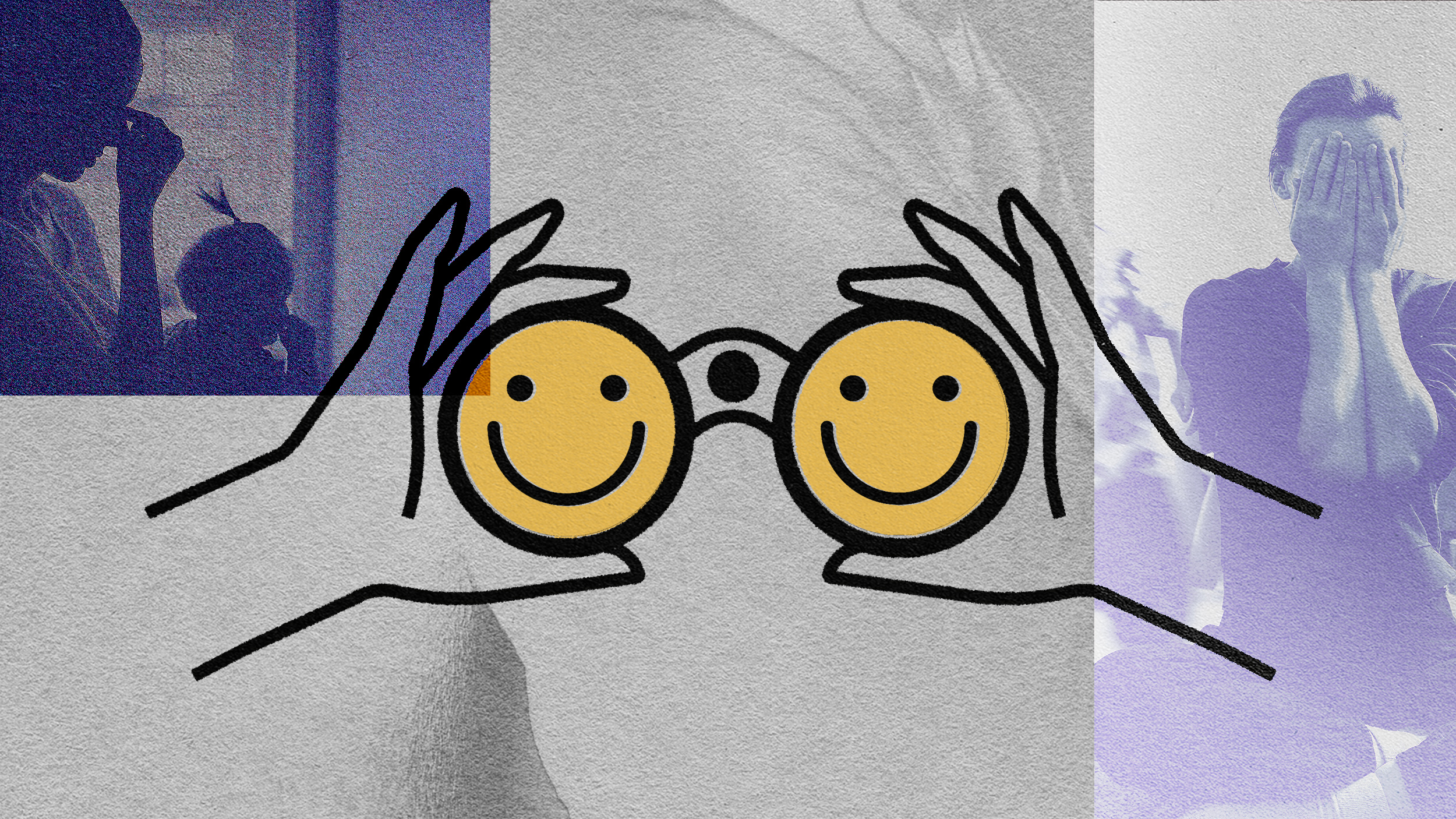- When we decide to act, we either are incredibly bad at thinking through the implications or give very little thought to the future at all.
- A short story by Ted Chiang, “The Story of Your Life,” asks us to imagine how things would be if we knew what would happen from our choices, especially tragic events. Would we still do them?
- Immanuel Kant argued that hope is essential to motivating our action. Without the hope that things will turn out well, why bother to do anything at all?
Ignorance is not only bliss; it is necessary.
Imagine what life would be like if you spent the entire time dwelling on the probabilities of how things might turn out. How would you behave if you had a flashing statistic saying, “One percent of the population will die in a car crash,” every time you turned on the ignition? Or how would you feel if, as you got married, someone piped up from the back, “There’s a high chance this won’t last!”? And would you stop playing the lottery if you knew that you had a greater chance of being killed by a tornado, struck by lightning, or even hit by a meteorite than winning?
Humans are experts at either utterly ignoring what might happen in the future or being embarrassingly bad at basic probability. The result is that when we choose any action or decide on any path, we usually do not give much meaningful thought to the possible future outcomes or implications of that choice.
Now, imagine how different things would be if you knew, with perfect accuracy, everything that would happen in your life. What if you knew your best friend would betray you in three years’ time? Or that your boss is going to fire you tomorrow? What if you knew the day of your death?
This is one of the many philosophical questions raised in the movie Arrival and the incredible short story by Ted Chiang it is based on, “The Story of Your Life.” It concerns the role of foreknowledge in our actions.
There will be spoilers.
An alien way of seeing things
Chiang’s story introduces an alien species that arrives on Earth with no obvious or discernible reason. A linguist, Louise Banks, is called in to decipher their strange language. We learn as the story moves on that these aliens do not write in a linear manner. Rather, the verbs, nouns, adjectives, subjects, objects and so on are all jumbled up. It is only when you read the sentences as a whole that sense can be made of them.
Like would it reconstruct you if be had to this sentence.
As the plot progresses, we find out that the aliens not only communicate like this but are somehow able (and we must suspend disbelief here — although not by much) to see time from above, as a whole. They see the past, present, and future as a block, and they see also their small role within that. The aliens act, knowing fullywell what their actions will do.
Louise learns this language and comes also to see time in this way. She starts to see, with certainty, her entire life path, as well as a great tragedy up ahead. She knows that she will meet her husband, they will have a child, and that child will die young from some incurable disease.
Despite knowing this, she has the child anyway.
The ignorant optimism of hope
The question is: would you do the same? If you knew that your choice would end in such incredible grief and desolation, would you still commit to that path? Does knowing how something ends ruin the present?
Many philosophers, such as Immanuel Kant, emphasize how important hope is to action. The reason we do things, or commit to someone, is because we hope that it will end well. For Kant, we cannot rationally or logically “prove” hope; instead, we must accept it with what he calls “practical reason.” This is the phrase Kant usually uses for those things we have to accept in order for other things to work.
In this instance, we can only perform all our daily actions, moral or mundane, if we thought that there was some end point or product at the end of it. We have to hope that what we do will end well. This endpoint might be utterly unrealistic, idealistically naïve, or even statistically impossible, but the point is that we have to have hope in order to motivate agency.
The problem Chiang raises is this: if we knew the future, and so lost that ignorant optimism that defines hope, would we ever do anything?
Your life, for better or worse
Ultimately, Arrival and “The Story of Your Life,” echo an idea made famous by Friedrich Nietzsche: amor fati (“love your fate”). It is the idea that knowing how things end should not devalue what we have. The path before us, for better or worse, is our path. That is what makes it beautiful, and that is what makes it valuable.
We all have our bags to carry and burdens to bear, but for Nietzsche, we ought to appreciate and love them precisely because they are ours. When all is said and done, they are all we are going to have. So, we will all meet with sadness in our lives. There will be pain, sickness, and death. We might live our lives as if these things are distant or apply only to other people, but they remain nonetheless. Yet, we carry on living anyway.
And so, in the story, Louise chooses to have a child. In spite of what she knows will happen, she plays, laughs, and hugs her closely. She relishes the joy, as long as it lasts.
Jonny Thomson teaches philosophy in Oxford. He runs a popular Instagram account called Mini Philosophy (@philosophyminis). His first book is Mini Philosophy: A Small Book of Big Ideas.






